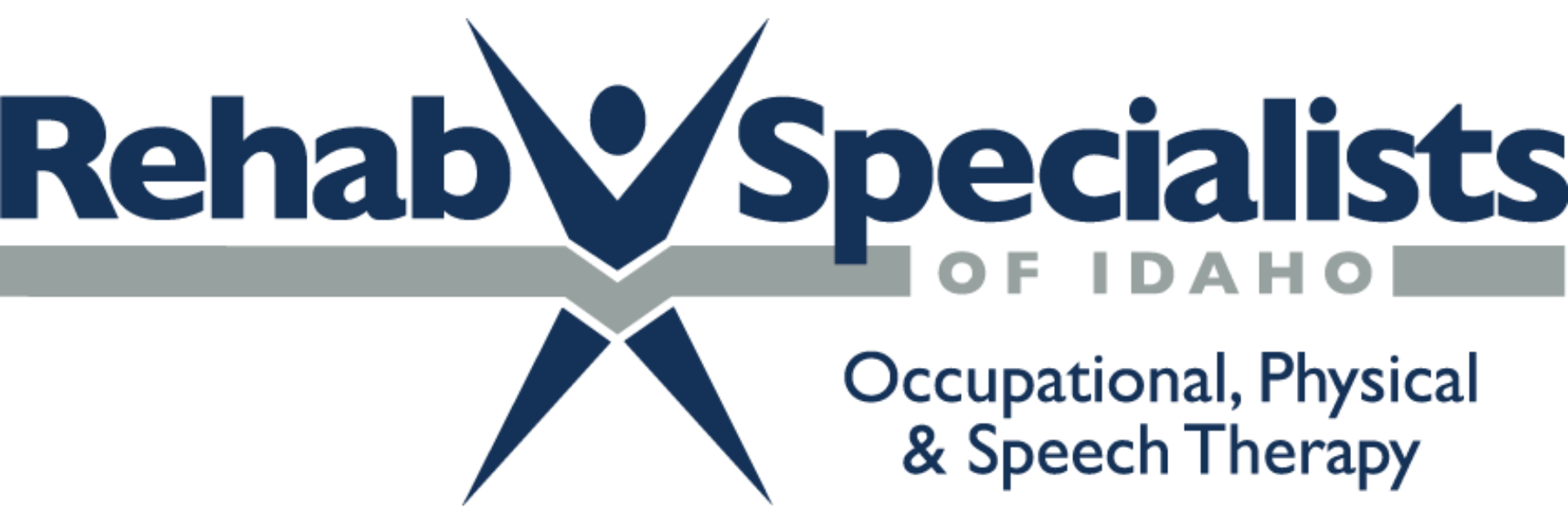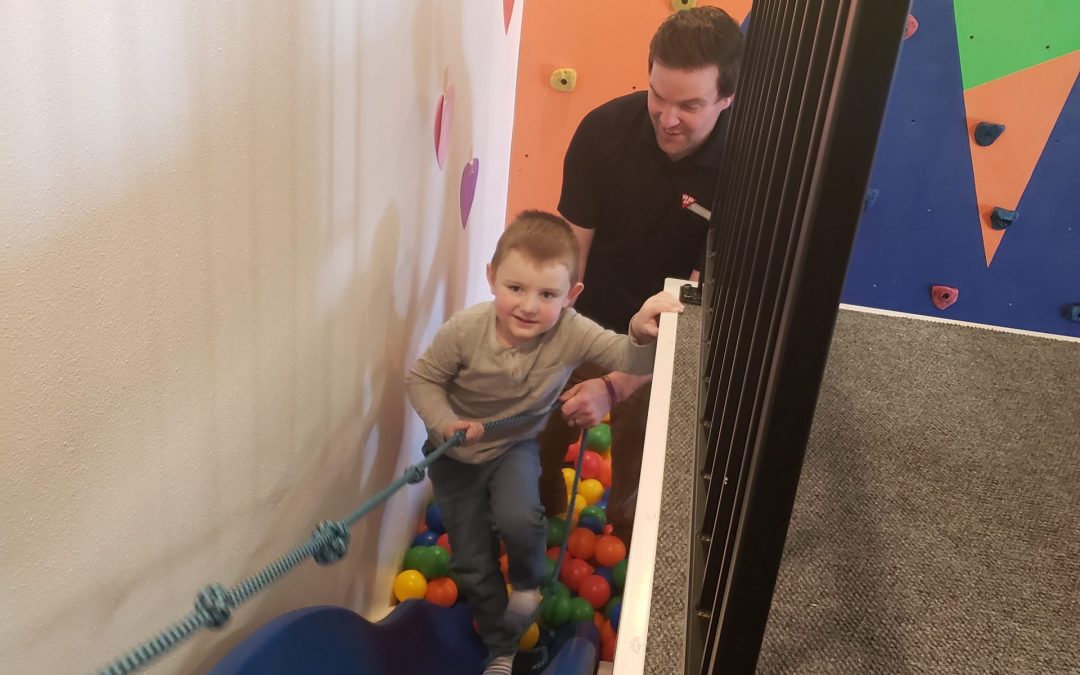Researchers have proven that kindergarten readiness can forecast high school achievement, lifestyle choices, anxiety, and productivity.
Just three months ago, the Journal of the American Academy of Pediatrics published a study from Canada that showed that it’s never been more important than now to make sure that your kids have any early interventions necessary such as speech therapy, occupational therapy, and physical therapy.
According to the article, the research was based on over 950 Canadian children. At age 5, trained examiners assessed child number knowledge and receptive vocabulary. Teachers also reported kindergarten classroom engagement. Then at age 17 (the same children 12 years later) reported academic grades, school connectedness, anxiety sensitivity, substance abuse, physical activity involvement, and height and weight. High school dropout risk was also estimated for each participant on the basis of grades, school engagement, and grade retention.
“Compelling evidence suggests that fundamental skills in math and vocabulary are invariably the most crucial predictors of academic success in later elementary. Kindergarten classroom engagement skills, which reflect the ability to successfully adjust to classroom demands, also appear to foster an academic edge,” said the research. “With this study, we therefore reaffirm the importance of early childhood readiness and suggest that early interventions could benefit population productivity and health.”
One of Rehab Specialists of Idaho’s Speech-Language Pathologists, Sandy Reddish, who specializes in working with children with neurological conditions, explained further how parents can see for themselves if their children are ready for kindergarten, and work to better prepare them.
“Kids that are typically ready can sit down in an environment, either in a preschool setting, or at home in a simulated educational situation, and be able to maintain attention,” she said.
In regards to increasing receptive vocabulary she suggested reading and listening to books.
“The big thing that we’re finding more and more is that a lot of kids are struggling with the neurological task of auditory processing; that doesn’t mean that they necessarily have an auditory processing disorder, it just means that in general there is a decline in society for that skill. This is your ability to listen to a story with no pictures, and your brain can still follow, process, and understand what is happening.”
Reddish suggests reading to children daily, and starting chapter books at a young age.
“Even if they can’t read chapter books themselves, you can either read chapter books to them or find a way to include that as part of their daily schedule. It’s really nice now that there are a lot of apps and options where they can listen to books.”
Other recommendations that Reddish has to prepare your children for kindergarten are limiting screen time, avoid overscheduling, and encouraging more free play time–outside if possible and when safe.
“Kids need periods where there is no structure so their brains can reorganize,” Reddish explained. She also encourages parents to not hesitate to decrease background noise, music, and tv time while children play to let their brains process the information they’ve been learning.
Ultimately though, Reddish suggests a quick free screening with a therapist if parents have concerns about delays.
The American Academy of Pediatrics recently suggested that nearly one in five children have a developmental delay and that the earlier the intervention (i.e. speech therapy, occupational therapy, and physical therapy) can take place, the better off the child will be later in life–as this study proves.
If you have concerns about a delay with your child, no matter the age, call for a screening with one of the therapists at Rehab Specialists of Idaho. 208-359-9570.

